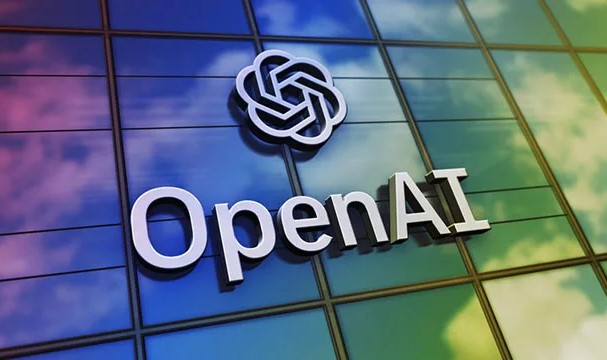In the NYT AI lawsuit, OpenAI requested sources, and it is uncertain whether the judge is considering the request, but the New York Times responded strongly.
The New York Times (NYT) is currently involved in a lawsuit against OpenAI. On July 1, the AI firm submitted documents to the court, requesting that the venerable publisher demonstrate the originality of its articles by providing comprehensive source materials for each copyrighted work. This development represents a peculiar turn in the case.
OpenAI utilized its articles to train artificial intelligence (AI) models without requesting permission or providing compensation, as the New York Times reported. OpenAI has maintained that using materials it “scraped” from the internet is equitable.
OpenAI seeks discovery
TorrentFreak was the first to observe that on July 1, lawyers representing OpenAI submitted a request to a U.S. court in New York, requesting that the judge overseeing the case order the New York Times to “provide discovery showing the copyrighted works are original works of authorship.”
The document’s reference to “copyrighted works” appears to encompass nearly every article published by the New York Times that could have been distributed online.
OpenAI accuses the New York Times of hijacking AI models in a copyright lawsuit.
Additionally, OpenAI requests that the magistrate require the New York Times to furnish comprehensive information regarding the authorship process of each article.
According to the attorneys of OpenAI:
“The Times alleges, for example, that ‘[t]o produce world-class journalism,’ it ‘invests an enormous amount of time, . . . expertise, and talent,’ including through ‘deep investigations—which usually take months and sometimes years to report and produce—into complex and important areas of public interest.’ Having chosen to put directly at issue how the Times created the works at issue—including the methods, time, labor, and investment—OpenAI has a right to discovery into the same.”
New York Times response
Two days later, on July 3, the legal staff of the New York Times submitted a response to OpenAI’s request. Unsurprisingly, the New York Times opposed the request and requested that the magistrate dismiss it.
According to the attorneys of the New York Times:
“OpenAI’s claim that it needs all ‘reporter’s notes, interview memos, records of materials cited, or other ‘files’ for each asserted work’—purportedly to determine whether The Times’s works are in fact protectable intellectual property—is unprecedented and turns copyright law on its head.”
The New York Times’ motion to dismiss asserts that how copyrighted material is generated is irrelevant to how it was employed.
No additional documents have been made accessible to the public as of July 4, this article’s publication date. The judge’s response to the opposing motions in this case is yet to be determined.
